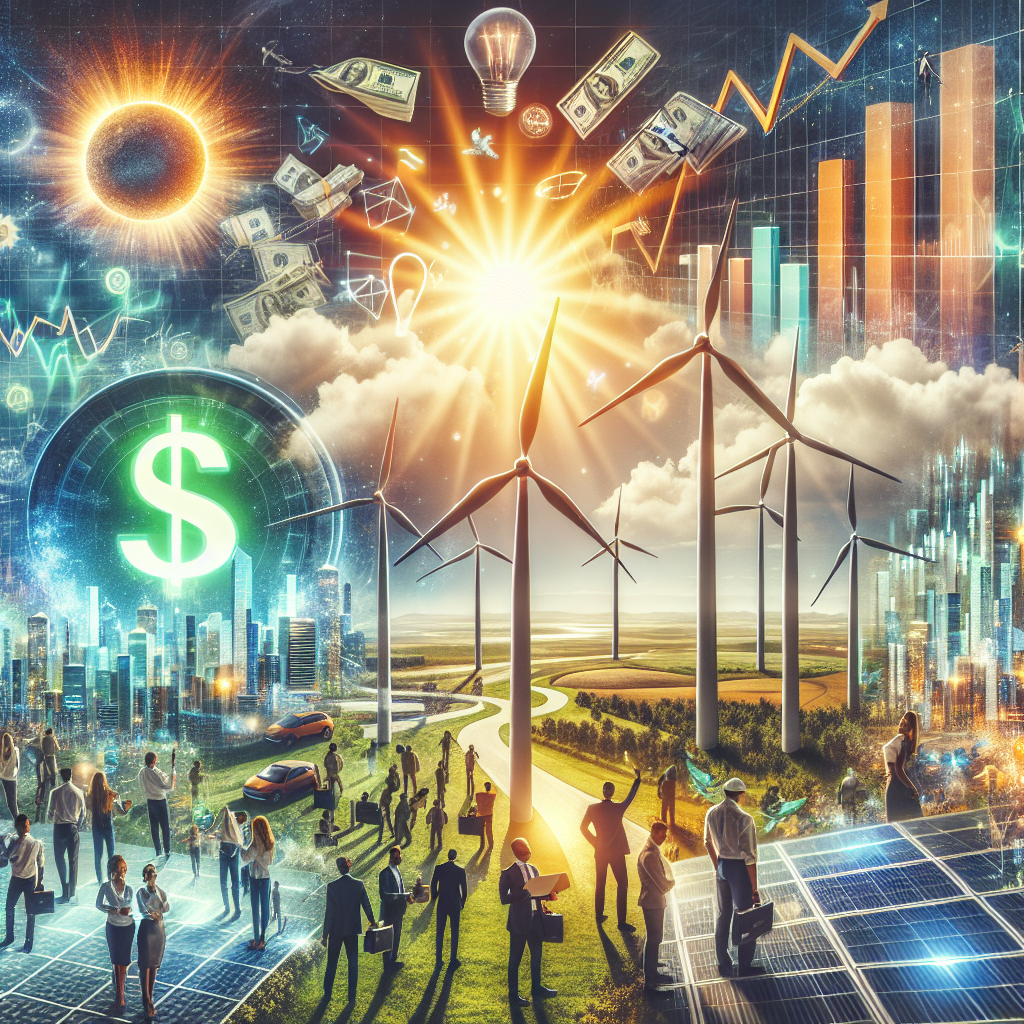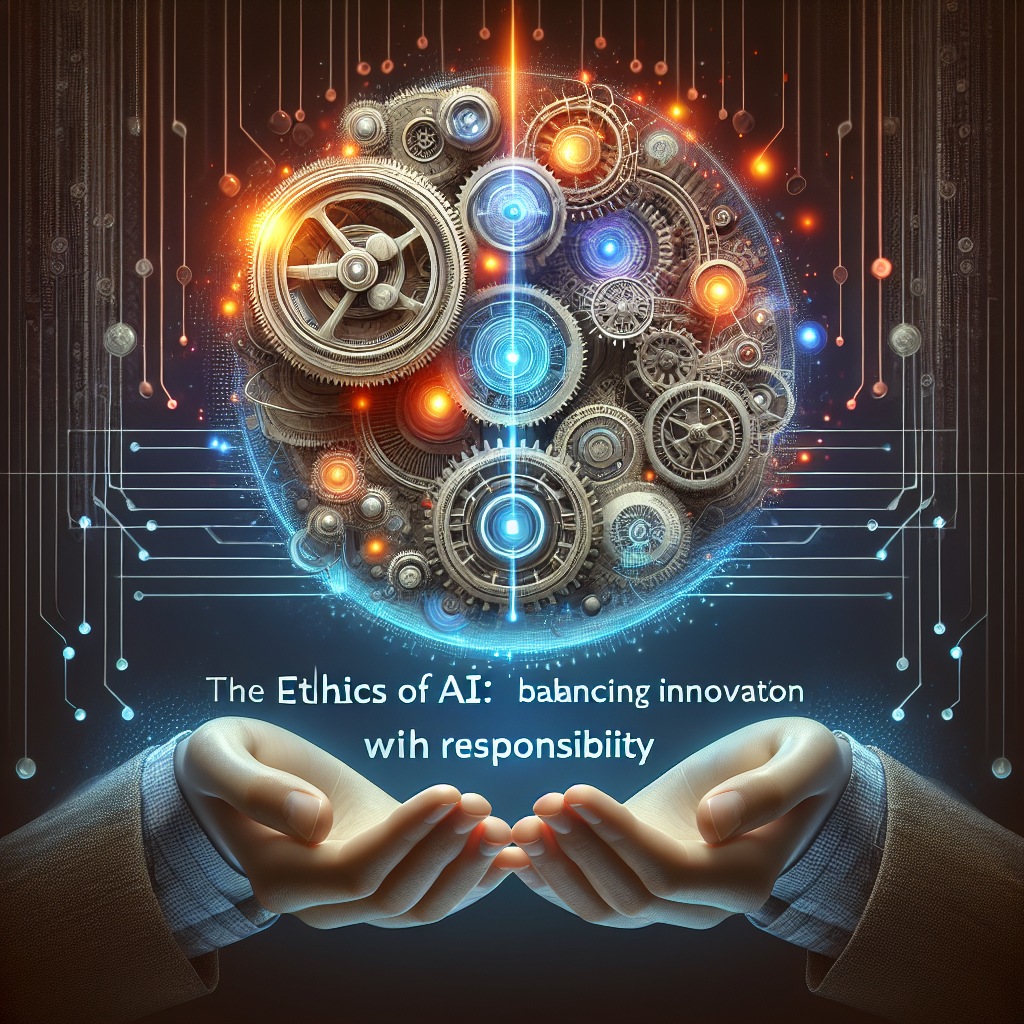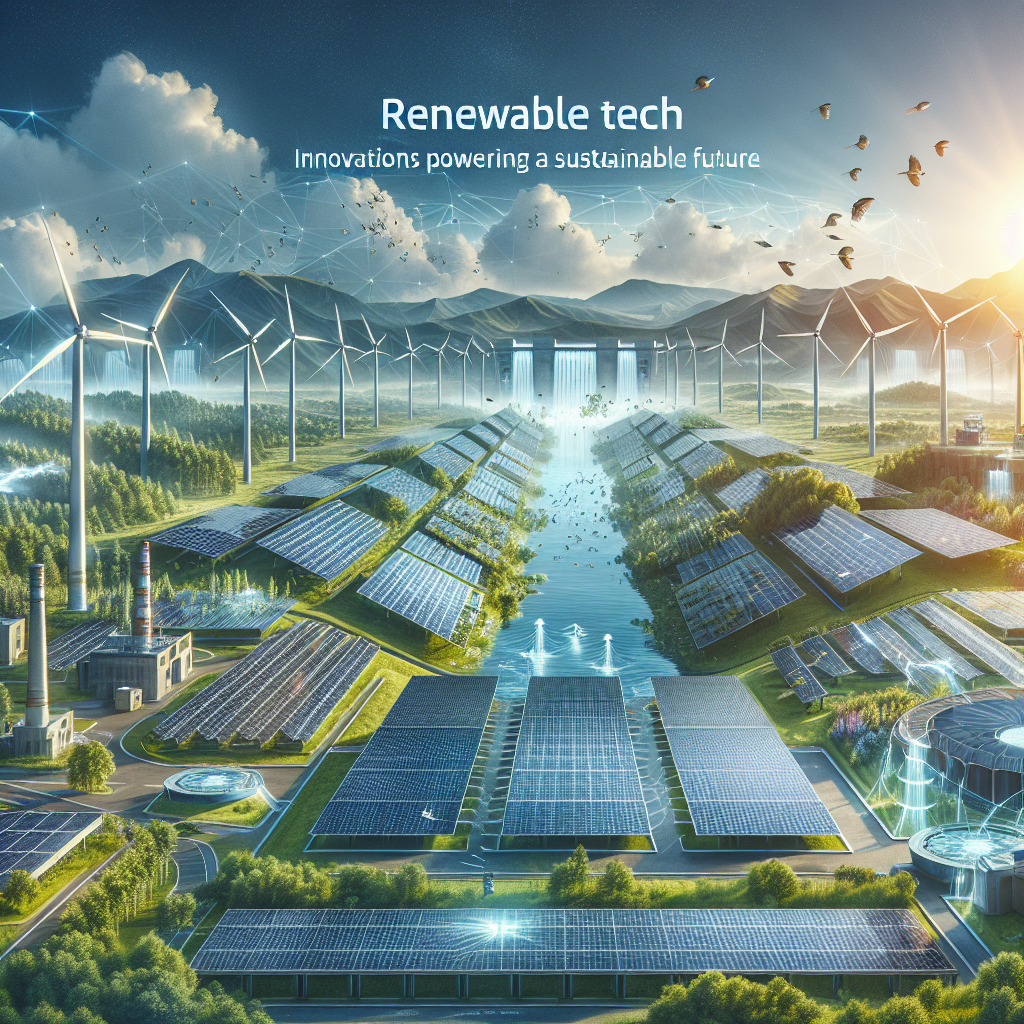Renewable Energy’s Economic Impact: Jobs, Growth, and Innovation
In recent years, the global shift toward renewable energy has gained significant momentum, driven by the need to address climate change, reduce carbon emissions, and achieve energy security. Beyond its environmental benefits, renewable energy is also proving to be a powerful catalyst for economic transformation. This article explores the multifaceted economic impact of renewable energy, focusing on job creation, economic growth, and innovation.
Job Creation
One of the most compelling economic benefits of the renewable energy sector is its capacity to generate employment opportunities. According to the International Renewable Energy Agency (IRENA), over 11 million people were employed in the renewable energy sector worldwide in 2018, a number that has continued to grow.
The renewable energy industry encompasses a broad array of jobs, including manufacturing, installation, maintenance, and research and development. For instance, solar photovoltaic (PV) technology alone has created millions of jobs globally, ranging from panel manufacturing to installation and maintenance. Wind energy has similarly spurred job creation in turbine manufacturing, project development, and operational maintenance.
Moreover, jobs in the renewable energy sector often provide competitive wages and benefits, contributing to higher living standards and economic stability for workers. In many cases, these jobs are created in regions that have historically been dependent on fossil fuels, offering new opportunities for economic diversification and resilience.
Economic Growth
Renewable energy investments have become a significant driver of economic growth. The shift from fossil fuels to renewable sources like wind, solar, and hydropower involves large-scale projects that require substantial capital investment. These investments stimulate economic activity by creating demand for goods and services along the supply chain, from raw materials to high-tech components.
Additionally, renewable energy projects tend to have long lifespans, often spanning several decades, which means they provide sustained economic benefits over time. This contrasts with fossil fuel projects, which may have shorter life cycles and higher operational costs due to fluctuating fuel prices.
Moreover, the transition to renewable energy can reduce dependency on imported fuels, thereby improving trade balances and boosting national economies. Countries rich in renewable resources can harness these assets to become energy independent and even export surplus energy, fostering economic growth and stability.
Innovation
Renewable energy is also a hotbed for innovation, driving advancements in technology and efficiency. The quest to harness renewable resources more effectively has led to significant breakthroughs in energy storage, grid integration, and smart grid technologies. For example, improvements in battery storage technology are addressing the intermittency issues associated with solar and wind energy, making these sources more reliable and viable.
Government policies and incentives, such as tax credits and subsidies for renewable energy research and development, have further fueled innovation. Start-ups and established companies alike are investing in new technologies to improve the efficiency and cost-effectiveness of renewable energy solutions. Innovations in materials science, such as the development of perovskite solar cells, promise to revolutionize the solar energy industry by offering higher efficiency rates at lower costs.
Furthermore, the renewable energy sector is fostering interdisciplinary research and collaboration across various fields, from engineering and environmental science to business and economics. This collaborative approach is accelerating the pace of innovation and bringing novel solutions to market more quickly.
Conclusion
Renewable energy is not just a solution to environmental challenges; it is also a powerful engine for economic transformation. The sector’s ability to create jobs, drive economic growth, and spur innovation highlights its critical role in shaping the future of global economies. As nations continue to invest in renewable energy, they are not only paving the way for a more sustainable future but also laying the groundwork for robust and resilient economic systems. The ongoing transition to renewable energy promises to bring about a new era of prosperity and innovation, benefiting both current and future generations.














Leave feedback about this
You must be logged in to post a comment.